In April, Etienne was invited to give this year’s public Distinguished Lecture at the School of Education of the University of Hong Kong. The university has embarked on a new initiative focused on experiential learning. |
This invitation to give a public lecture was related to an initiative that the University of Hong Kong has launched as part of a curriculum reform project. Under the leadership of Professor Amy Tsui (the book she and her colleagues published on university-school partnerships is a good example of a social-learning perspective applied to action research), this initiative is placing what they call “experiential learning” at the heart of the university’s pedagogy.
Under this initiative, students conduct concrete projects in their area of study, run by the school for their pedagogical and social value – for instance, building a school in a rural area. Students become involved in all aspects of the projects, from planning to realization. They face the full complexity of an actual project including its practical, social, technical, and ethical dimensions. The initiative organizes learning, not merely as the transmission of a formal curriculum, but as the transformative growth of full human beings as they enter a field.
The University is not just seeking to give students a bit of practical experience as is often done with internships. The central use of actual, meaningful projects aims to make experiential learning an integral part of the core curriculum. The initiative has started in professional schools, such as engineering, architecture, and business (see a short video that describes these projects). Eventually the vision is to adopt the approach across the university and adapt it to every discipline.
The initiative still faces important challenges, with difficult questions about evaluation and full integration into degree programs. Yet it is exciting and inspiring to see a well-respected university embrace the social and experiential nature of meaningful learning and take on the challenge of giving this perspective an institutional realization.
We are eager to remain part of this promising experiment and we hope that other institutions around the world will join this ongoing exploration of higher education and the place of the university in the 21st century. There is an embryonic community here, and this is one we would love to help convene.

Educational theories attached to community development is a direct injection to national development because an enlightened community pays back easily that a fully pledged ignorant one.